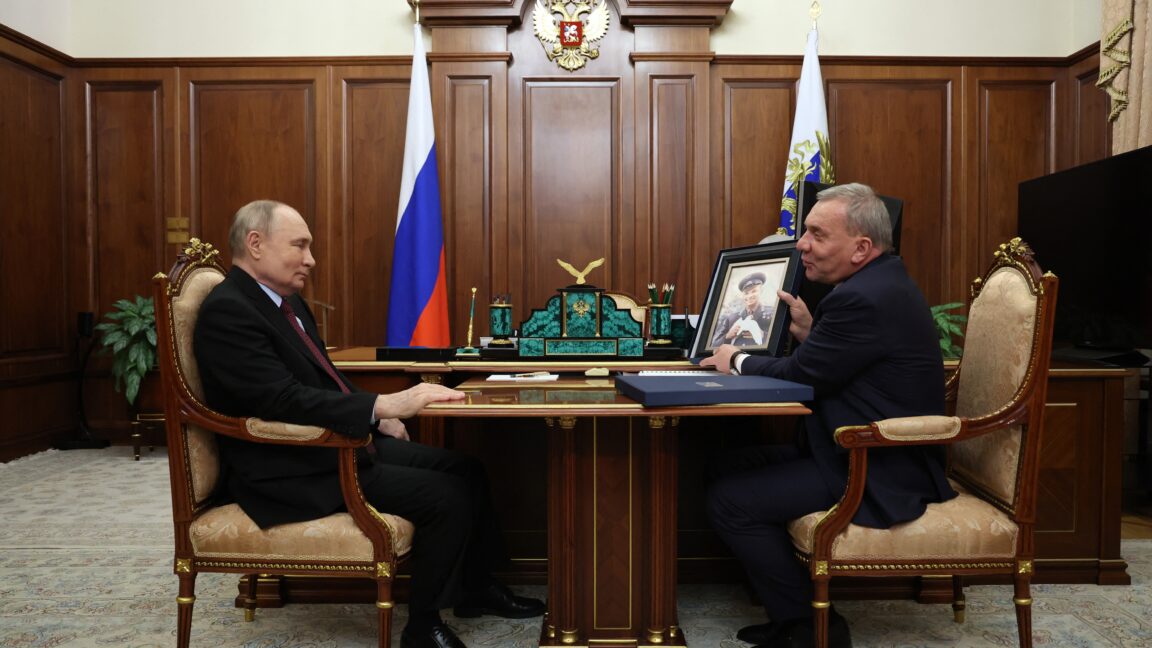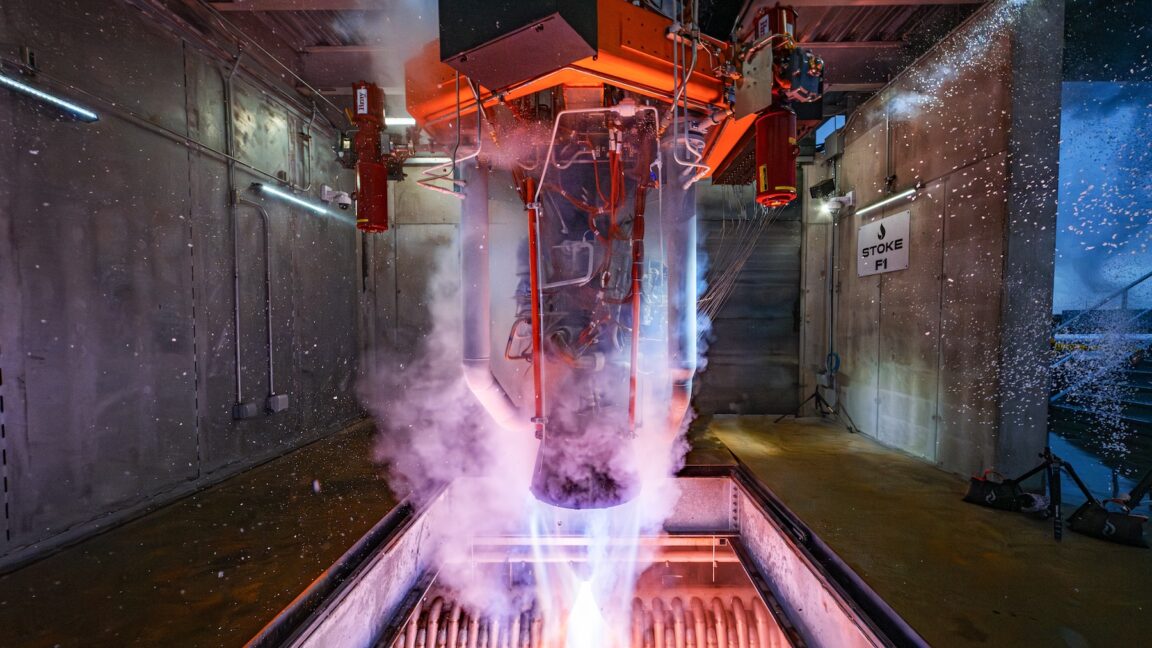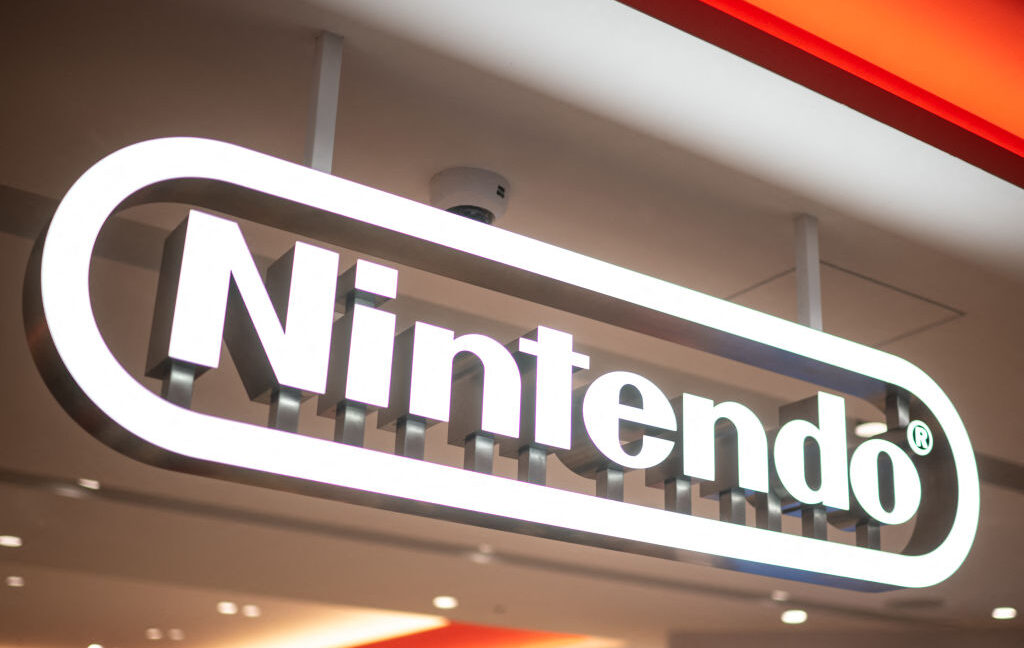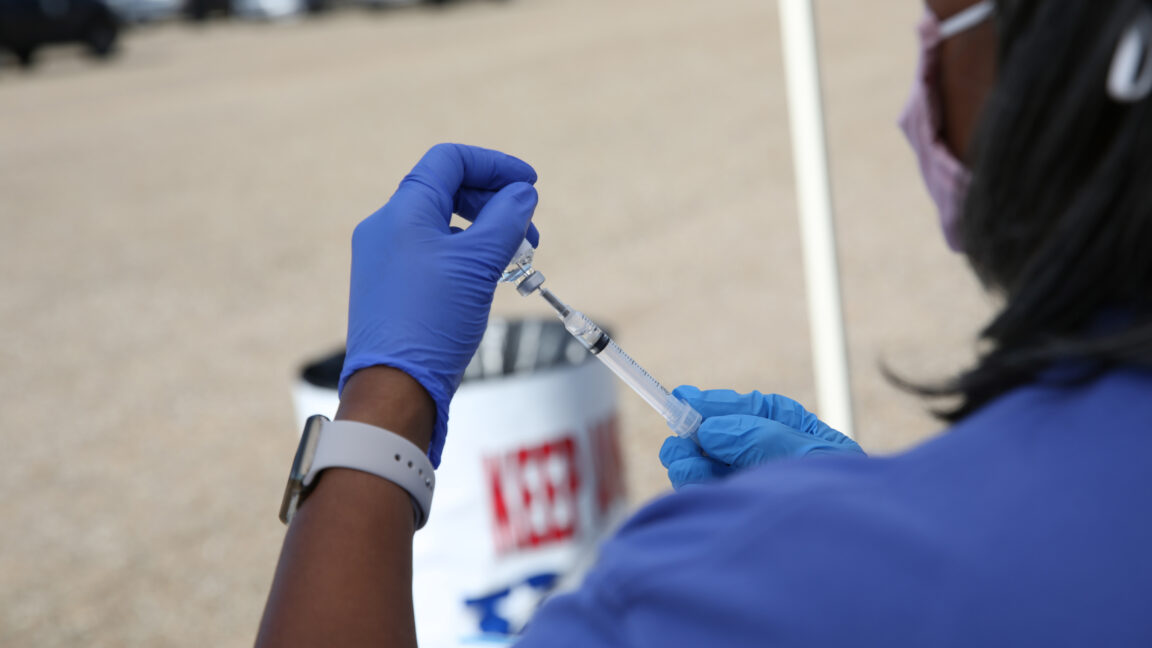Russian space chief says country will fly on space station until 2030

In a wide-ranging interview with a Russian television station, the chief executive of Russia's main space corporation said the country is now planning to participate in the International Space Station project all the way to NASA's desired goal of 2030. "In coordination with our American colleagues, we plan to de-orbit the station sometime around the beginning of 2030," the country's chief space official, Yuri Borisov, said during the interview. "The final scenario will probably be specified after the transition to a new NASA administration." While the documents for such an extension have not been signed, these comments appear to represent a change in tone from Russia. When he first became head of Roscosmos in 2022, Borisov said Russia would leave the station partnership "after" 2024, which was interpreted as shortly thereafter. Later, Russia committed to working with NASA to keep the orbital outpost flying only through 2028. The US space agency has expressed a consistent desire to keep flying the station until 2030, after which point it hopes that private space station operators can provide one or more replacement facilities. Borisov said the aging station, elements of which have now been in space for more than a quarter of a century, are becoming difficult to maintain. "Today our cosmonauts have to spend more time repairing equipment and less and less time conducting experiments," he said.









